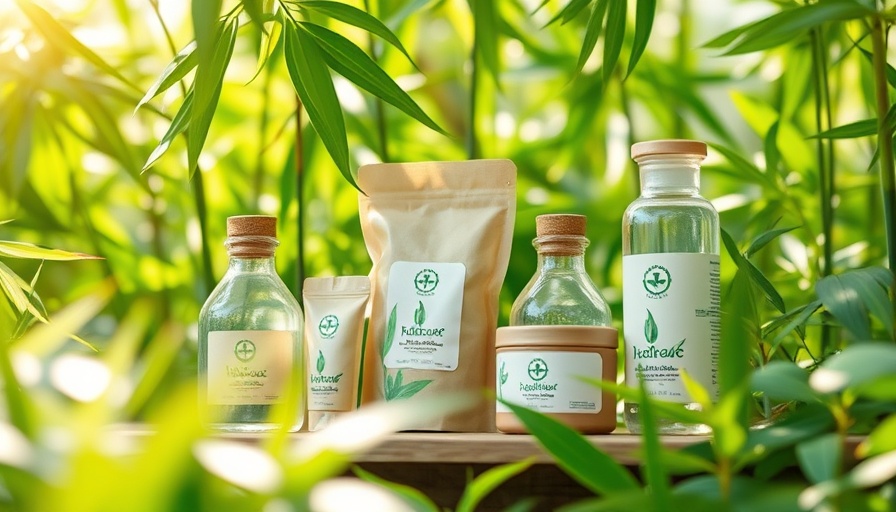
Understanding European Consumer Sentiments on Sustainability in Packaging
As the landscape of consumer behavior evolves, especially in the wake of the COVID-19 pandemic and rising inflation, the significance of sustainability in packaging has gained new dimensions. A recent survey conducted by McKinsey reveals that while European consumers still value sustainability, their expectations have shifted considerably as economic and geopolitical factors come into play.
Key Findings on Consumer Preferences
The survey highlights five critical insights regarding consumer purchasing behavior and attitudes towards sustainable packaging across Europe. Notably, the most influential attributes affecting purchasing decisions remain price and quality, suggesting that as the economic climate tightens, consumers are prioritizing value over environmental considerations. In fact, the relative importance of environmental concerns has diminished compared to previous years, although 42% of respondents still categorize environmental impact as a significant factor.
The Importance of Circularity in Sustainable Packaging
One of the standout findings of the survey is the pronounced interest in circular principles among consumers. Circularity—which encompasses recyclability, reusability, and the integration of recycled materials—emerges as a top preference. Restaurant owners should take note of this trend; aligning product offerings with circular packaging solutions can not only enhance brand perception but also cultivate loyalty among environmentally conscious patrons.
Materials Matter: Regional Variations in Sustainability Perception
Variances exist in how different regions of Europe perceive the sustainability of packaging materials. While glass and paper are universally recognized as eco-friendly, there is a notable divergence in sentiments towards materials like PET. Regions with established recycling schemes tend to view these plastic containers more favorably. This divergence underscores the necessity for restaurant owners to stay attuned to local recycling initiatives and preferences, leveraging biodegradable or widely recyclable materials wherever feasible.
Strategic Implications for the Restaurant Industry
Incorporating sustainable practices, especially in packaging, is rapidly becoming a competitive differentiator. Consumers are increasingly aligning their dining choices with brands that reflect their values. Therefore, investing in sustainable packaging not only caters to consumer demand but also positions restaurants favorably within a shifting market landscape.
Conclusion: Navigating the Future of Business in the Restaurant Sector
As the landscape of preferences evolves, restaurant owners are encouraged to adapt their offerings in line with emerging consumer demands for sustainability. Emphasizing circular packaging solutions may well contribute to a stronger brand identity, loyalty, and competitiveness in a challenging economic environment.
 Add Row
Add Row  Add
Add 




Write A Comment